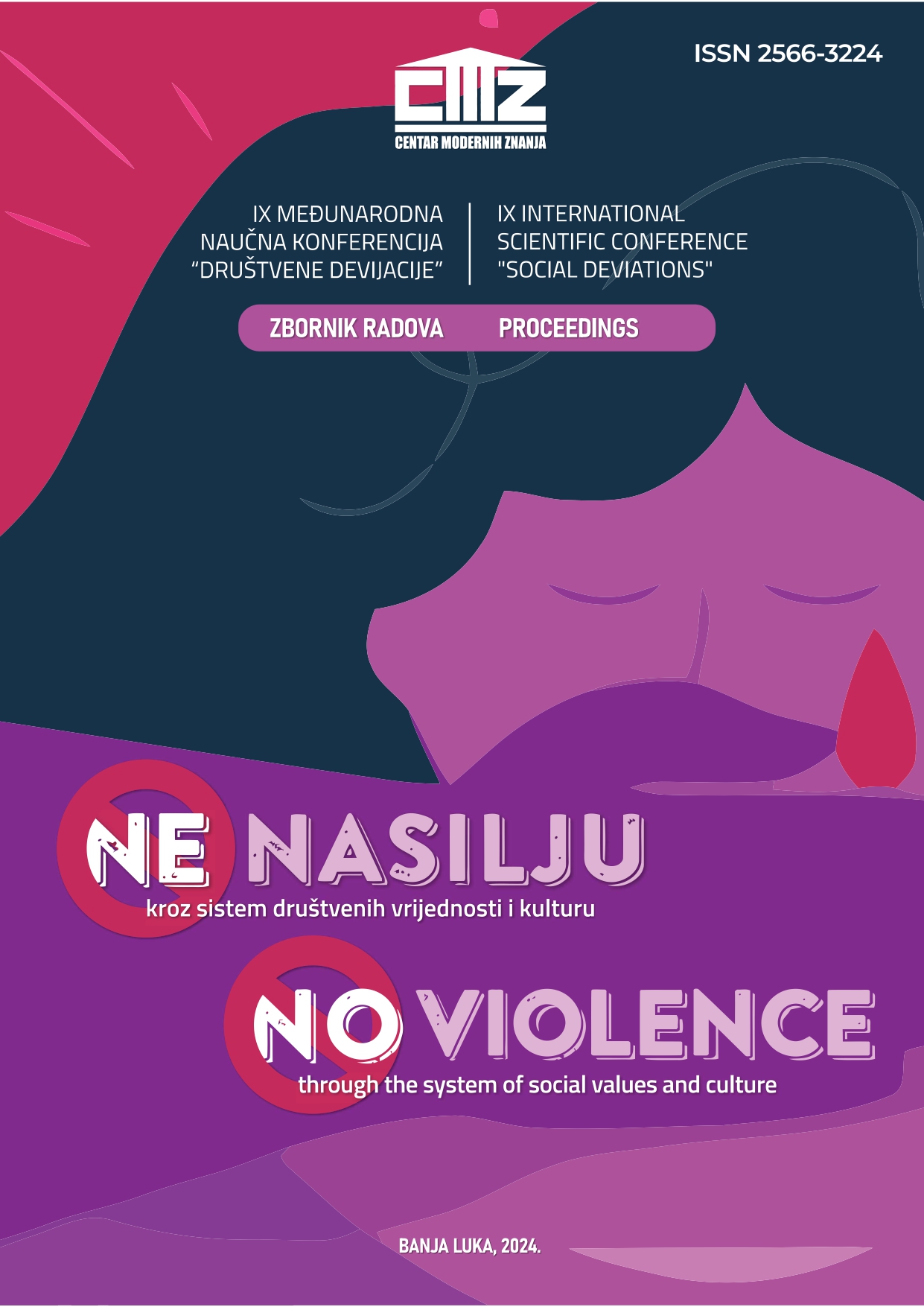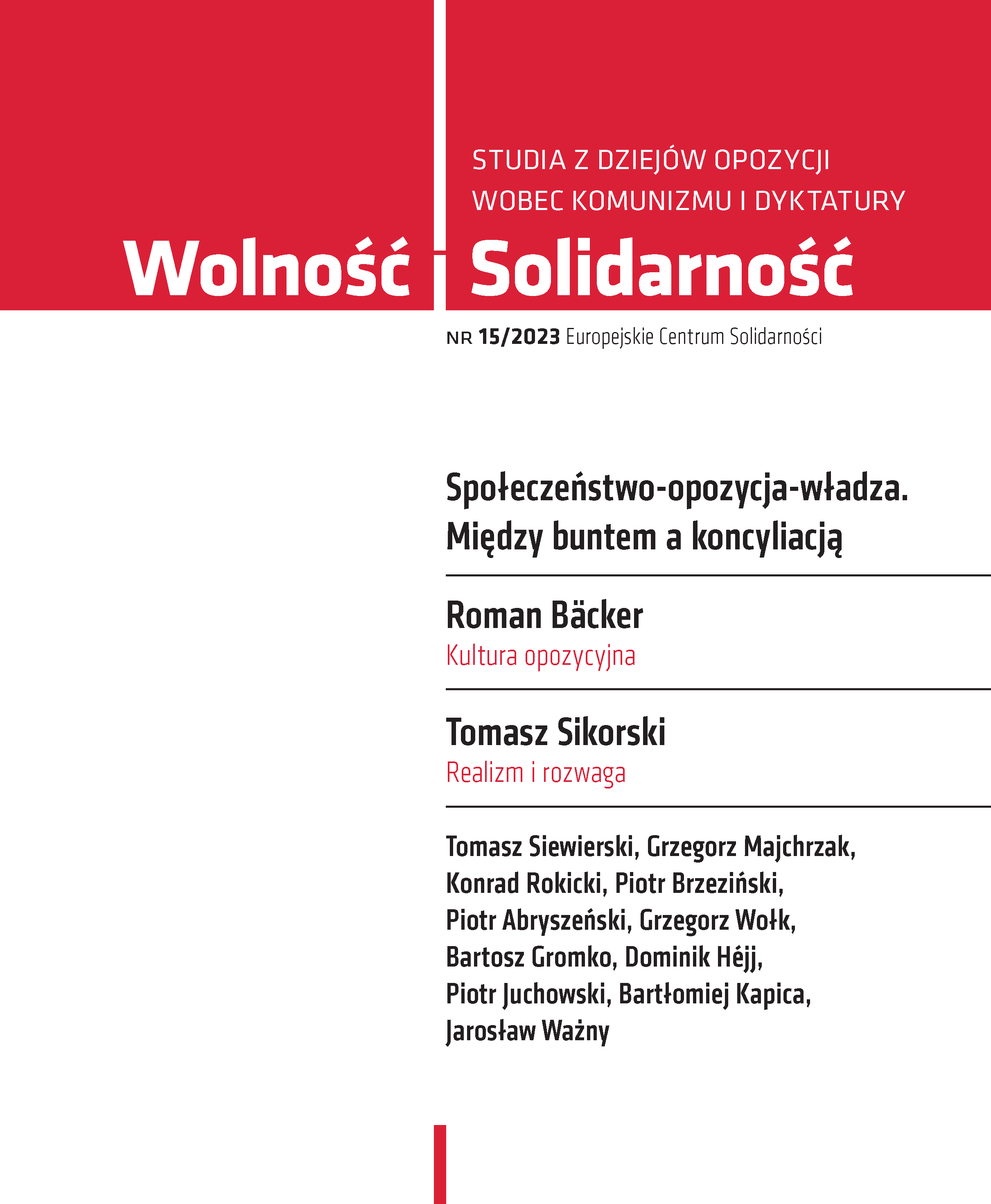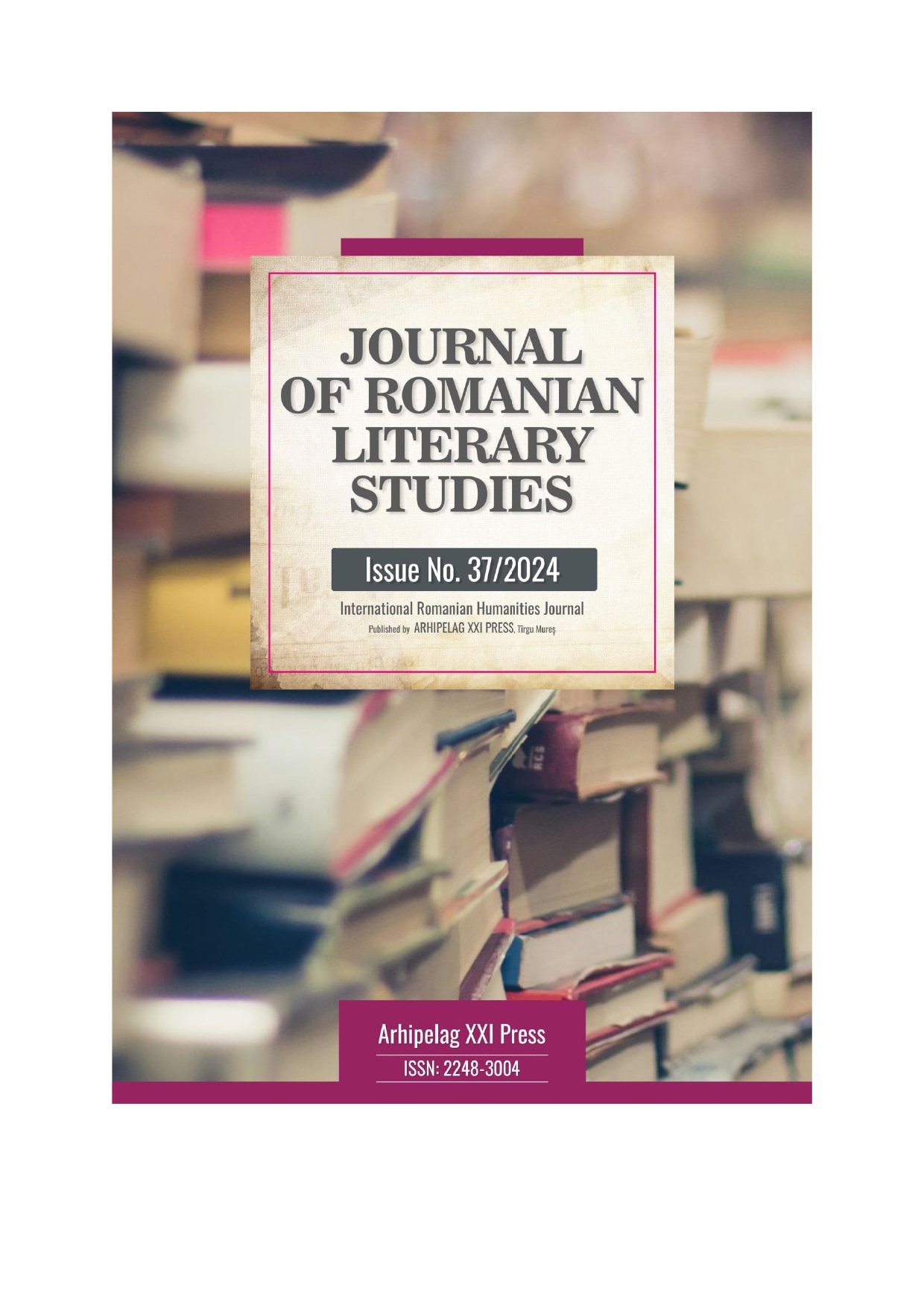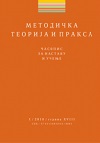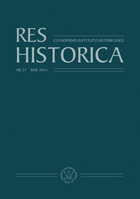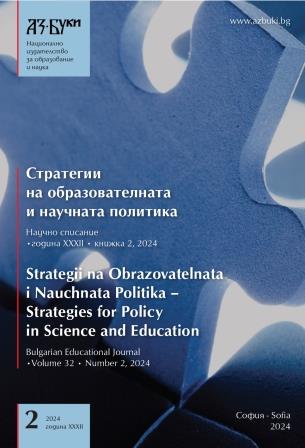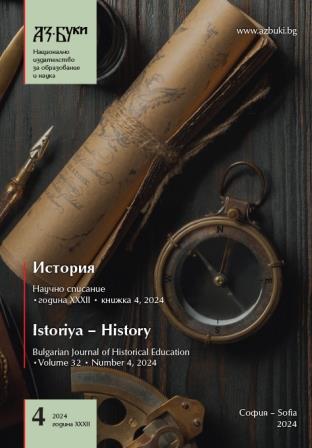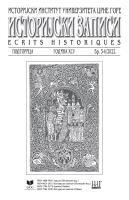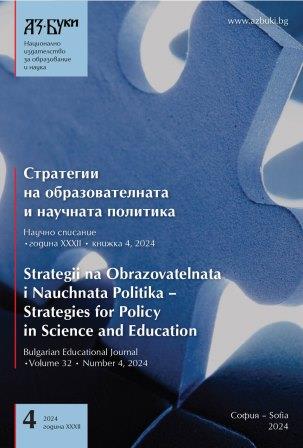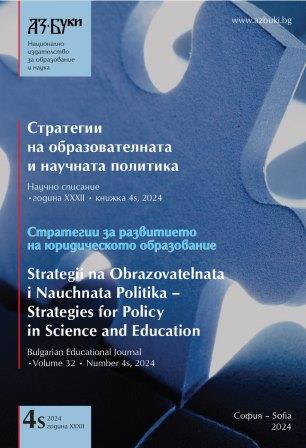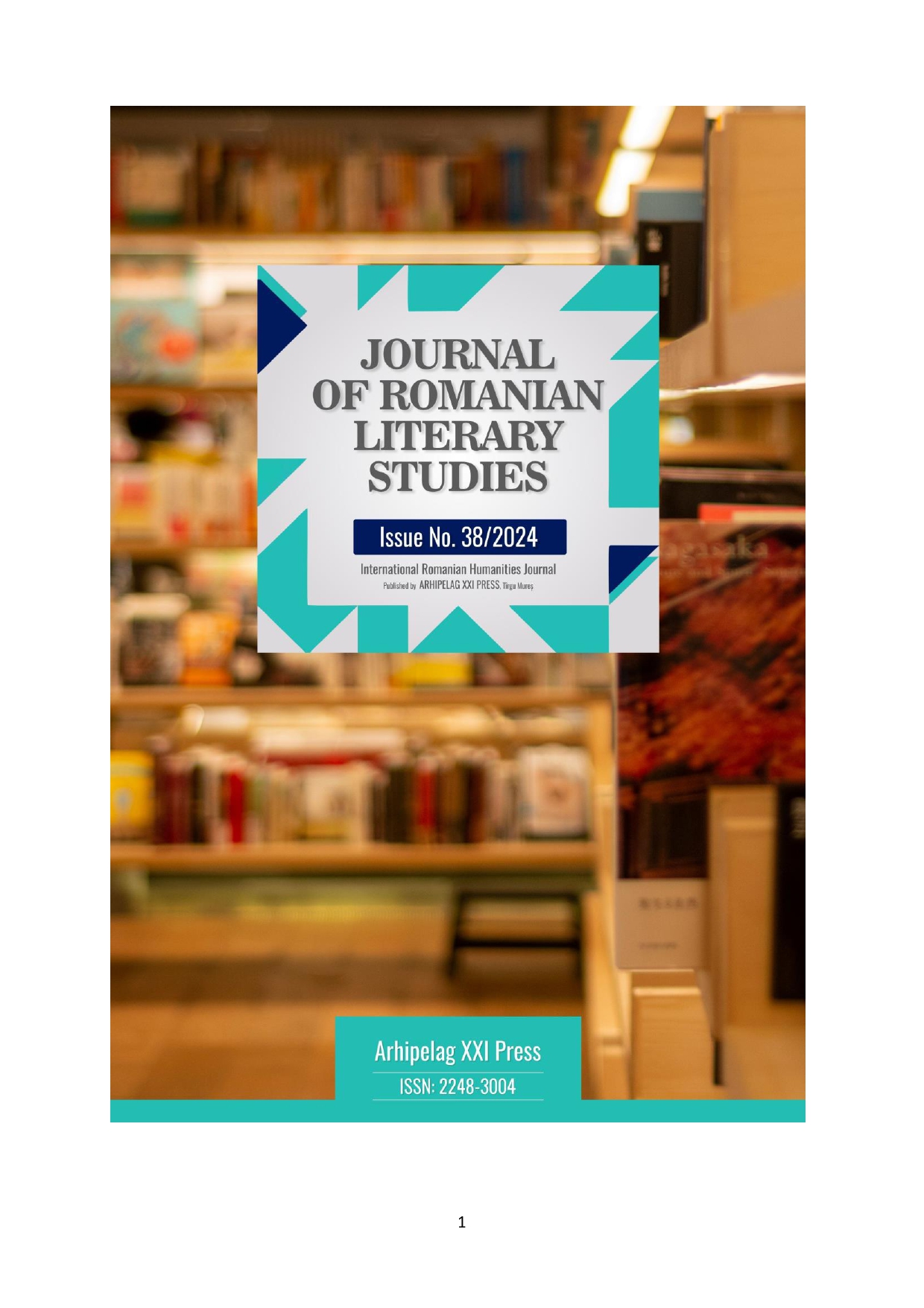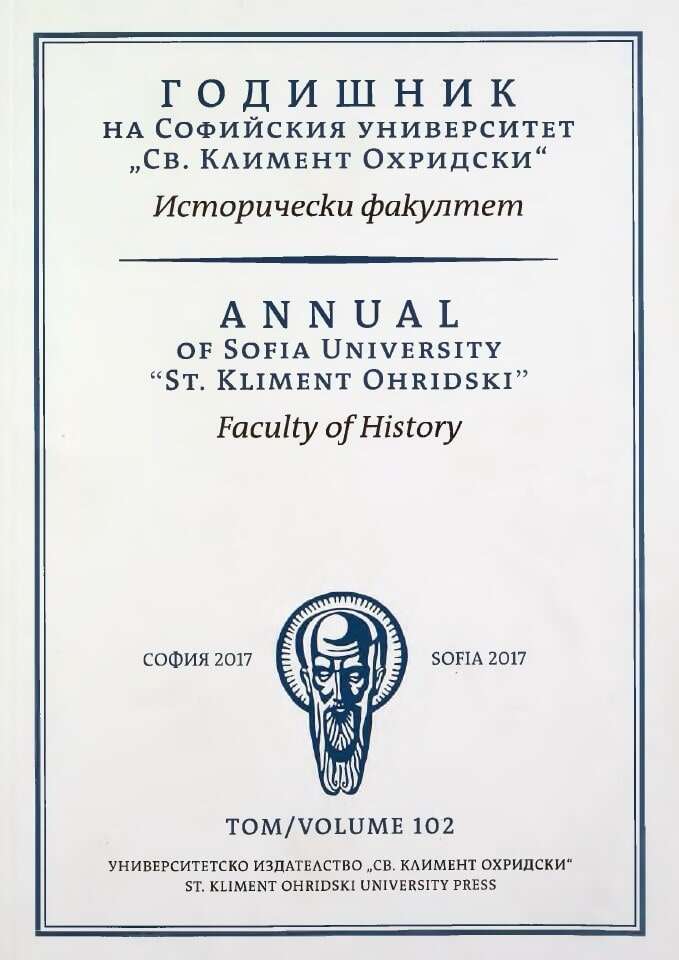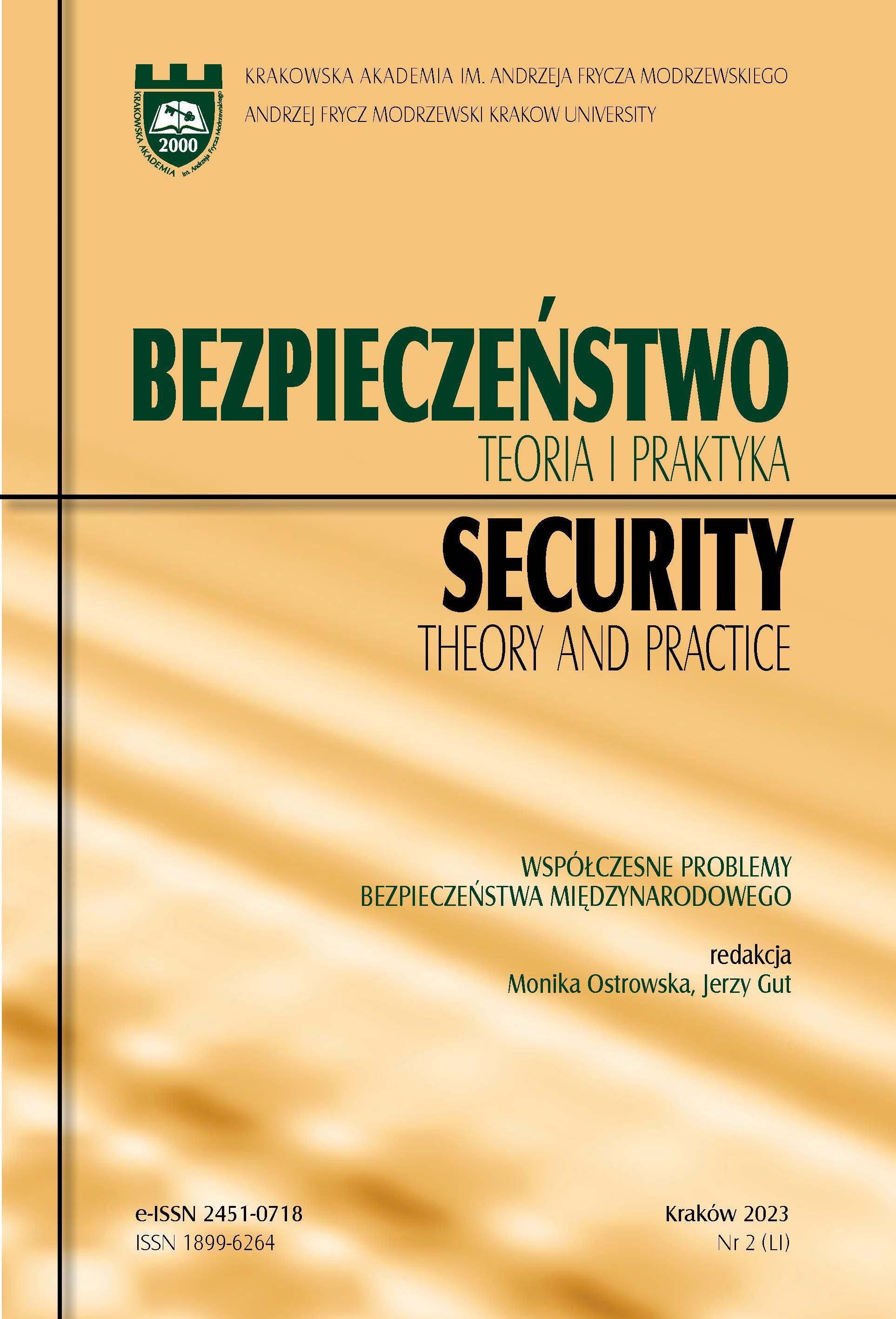
U źródeł dyscypliny nauk o bezpieczeństwie. Kształcenie nauczycieli przysposobienia obronnego w Wyższej Szkole Pedagogicznej (Akademii Pedagogicznej) im. Komisji Edukacji Narodowej Krakowie w latach 1973–2007
The article presents the establishment and development of the Department of Defense Education of the National Higher Teacher Training College (from 1999 on: Pedagogical University) in Krakow, whose scientific activity contributed to the creation of the discipline of security studies. The department was established in 1973 as part of the Institute of Pedagogical Sciences of the National Higher Teacher Training College of National Education in Krakow, and ended its activity in 2000, when it was transformed into the Department of Defense Education. It educated a large group of graduates and, along with a similar institution in the structure of the Pedagogical University in Bydgoszcz, developed scientific research in the field of security studies. The staff of the Department included later professors: PhD, DSc. ProfTit. Sławomir M. Mazur, PhD, DSc. ProfTit. Bronisław Siemieniecki, PhD, DSc. ProfTit. Marian Śnieżyński and PhD, DSc. ProfTit. Paweł Tyrała (1940–2013).
More...
